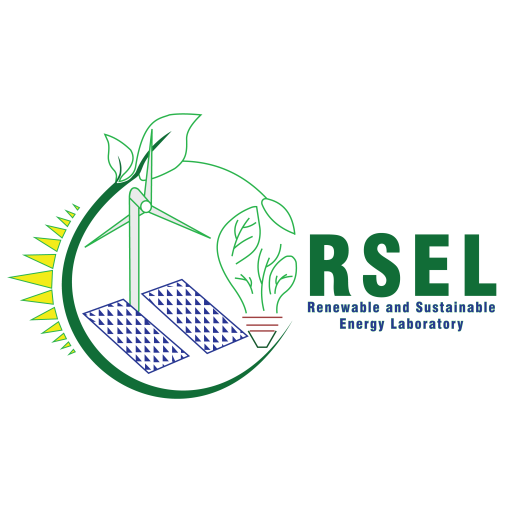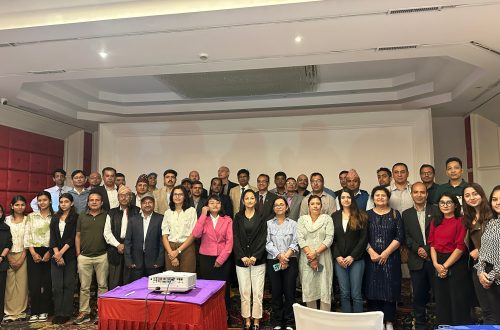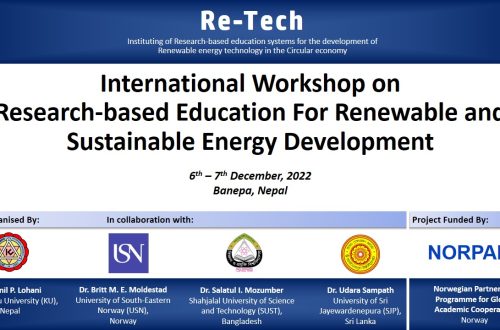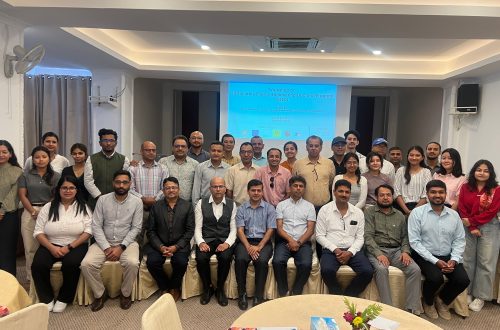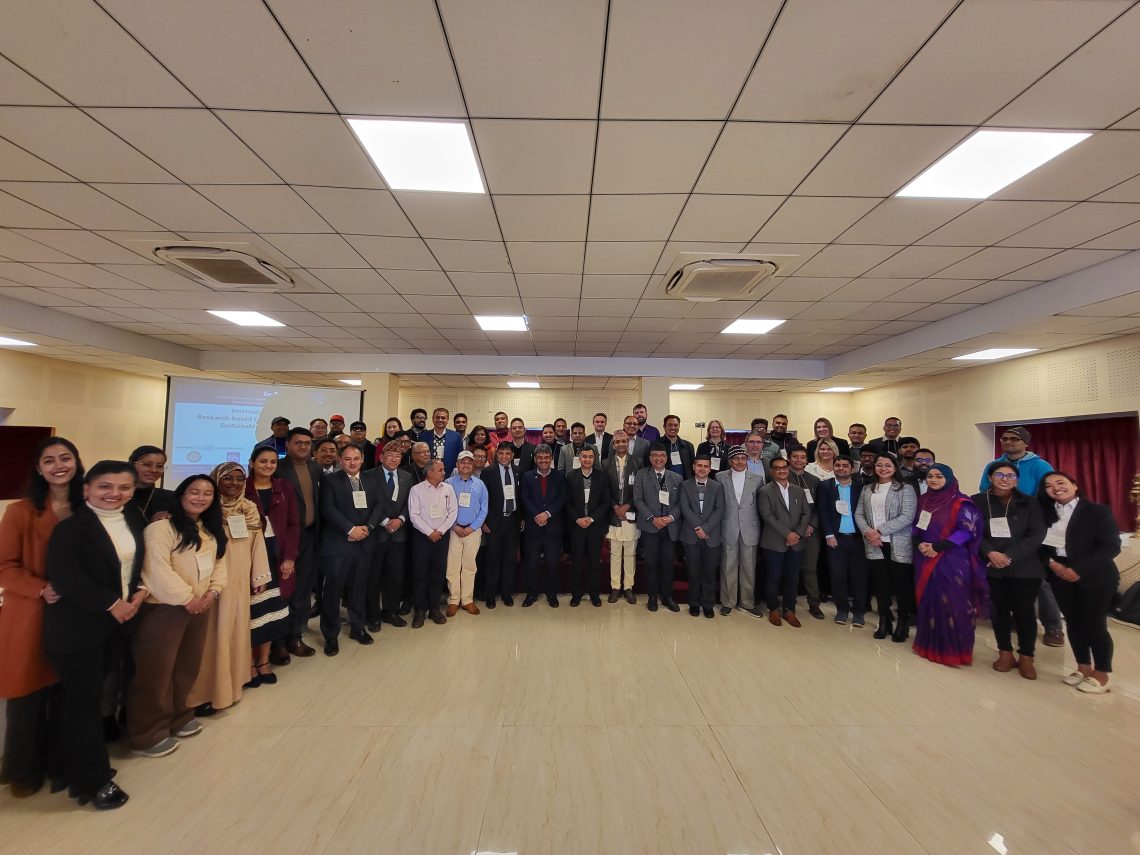
Successfully organized International Workshop on Research-based Education for Renewable and Sustainable Energy Development
Renewable and Sustainable Energy Laboratory (RSEL), Kathmandu University, recently organized a two-day international workshop on ‘Research/Problem-Based Education for Renewable and Sustainable Energy Development’, in collaboration with the University of South-Eastern Norway (USN), University of Sri Jayewardenepura (USJ), Sri Lanka, and Shahjalal University of Science and Technology (SUST), Bangladesh.
The main aim of the workshop was to bring different professionals working in the renewable and sustainable energy field from academia, government, non-government and private sectors in one place and intensely discuss and share experiences on the opportunities and challenges of renewable and sustainable energy development, technology transfer, and possible ways to strengthen research-based education emphasizing the circular economy.
The workshop was attended by more than 70 people from seven different countries (Norway, Sri Lanka, Bangladesh, Austria, Nepal, the USA (virtual), and Australia (virtual).
The workshop started with a welcome note by Achyut Wagle, registrar of Kathmandu University. He highlighted the need and importance of research-based education and its application in the real world, outside of the laboratory.
The opening session started with a panel discussion moderated by Professor Sunil Lohani, head of RSEL, KU, which focused on ‘research/problem-based education for renewable and sustainable energy development – challenges and opportunities’ and was joined by panelists Professor Bhola Thapa, vice chancellor of Kathmandu University; Christoph Pfeifer, a professor from Austria; Pramod Poudel, research director at UGC Nepal; Madhusudan Adhikari, executive director of AEPC; and Shanchi, coordinator of Himalayan University Consortium.
During the workshop, Professor Mark Z Jacobson from Stanford University and Professor Andrew Blakers from Australian National University in their keynote speeches firmly put forward that, in Nepal, hydropower and solar, with a pumped hydro energy storage system is the best combination to fulfill all energy demand at reasonable prices, unlike the limited potential of wind and significantly little use of hydrogen, as it has staggeringly lower round trip efficiency of around 25 percent and a substantial cost per unit of energy generation.
Another keynote speaker, Professor Daniel Kammen from the University of California, Berkeley, also put forward a similar perspective and stressed the importance of learning curves to reduce the cost of the technologies.
Thor-Egil Eide, the international project coordinator at USN, gave an overview of the current international collaborations of USN.
Professor Erik Trømborg and Thomas Martinsen from the Norwegian University of Life Science shared their experiences on teaching and learning practices of renewable energy in the Norwegian university.
The workshop was a part of the Norwegian Partnership Programme for Global Academic Cooperation (NORPART) 2021 project – ‘instituting of research-based education systems for the development of renewable energy technology in the circular economy (2022-2026)’ funded by the Norwegian Ministry of Education and Research (MER) and the Ministry of Foreign Affairs (MFA).
News Coverage: The Himalayan Times – THT


